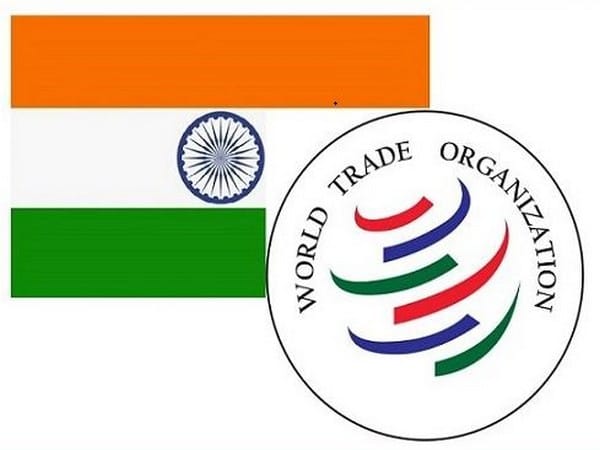
India Urges WTO to Act on Non-Tariff Barriers and Restore Dispute Settlement System
By: Aaerm Law Associates
Date: June 5, 2025
Location: New Delhi, India
Introduction
In a key statement during the WTO informal ministerial meeting in Paris, India urged global trade leaders to act decisively. Commerce and Industry Minister Piyush Goyal emphasized that non-tariff barriers (NTBs), unfair trade practices, and a broken dispute resolution system are distorting global trade. According to Goyal, the WTO must strengthen its foundations to ensure rules-based, fair, and inclusive trade.
Key Highlights of India’s Stand
1. Tackling Non-Tariff Barriers
To begin with, Minister Goyal expressed deep concern over the use of NTBs by some nations. These include arbitrary standards, excessive paperwork, and regulatory delays that block market access. He urged the WTO to address these unfair measures urgently. Doing so, he said, would protect smaller economies and promote global trade equity.
2. Pushing for Fair Trade
In addition, India criticized the role of non-market economies in distorting fair competition. Such practices, including state subsidies and price manipulation, give an unfair edge to a few countries. Goyal called on WTO members to establish rules that hold all countries accountable to market-based standards.
3. Restoring WTO’s Dispute Mechanism
Furthermore, India reiterated the need to revive the WTO’s dispute settlement body. Since 2009, the Appellate Body has been paralyzed due to blocked appointments, mostly by the United States. Goyal argued that without a working appeals system, the WTO lacks credibility. A two-tier process is essential for ensuring discipline and resolving conflicts with finality.
Support for Developing Nations
India also renewed its call to support developing and least-developed countries. Minister Goyal highlighted that special and differential treatment must be preserved. These provisions allow smaller economies to grow and compete globally. He warned that removing them would widen global inequality.
Focusing on Pre-Mandated Issues
India insisted that WTO members must prioritize previously agreed-upon matters. These include:
- Public Stockholding for Food Security: India seeks a permanent solution that allows developing nations to stock food without facing penalties. This is crucial for national food security and rural development.
- Fisheries Subsidies: Overfishing remains a serious threat. India asked the WTO to address indiscriminate fishing and harmful subsidies that deplete marine resources.
- E-Commerce Tariffs Moratorium: India supported the continued moratorium on customs duties for digital goods. This should remain in effect until at least March 31, 2026.
By focusing on these urgent matters, India believes WTO members can foster meaningful progress without losing sight of developmental goals.
India Rejects Non-Trade Issues
Crucially, India took a firm stand against bringing non-trade issues into WTO talks. One such example is a China-led proposal for an investment facilitation agreement. Minister Goyal said these topics fall outside the WTO’s core mandate. According to India, diverting attention to unrelated issues may cause further friction among members.
Views on MPIA and WTO’s Future
When asked about the Multi-Party Interim Appeal Arbitration Arrangement (MPIA), Goyal noted that only a few countries mentioned it. There appears to be little global support or consensus. He further explained that no major disputes have been resolved through MPIA so far.
Regarding concerns that the WTO is in crisis, the minister disagreed. “The WTO is nearly 30 years old,” he said. “Challenges will arise, but we must work together to find solutions within the WTO framework.”
He added that all countries at the meeting showed a shared commitment to reviving the WTO. There is general agreement that a strong, multilateral system is essential for future trade growth.
Conclusion
India’s address at the WTO informal ministerial was clear, bold, and forward-looking. From demanding action against non-tariff barriers to defending the rights of developing nations, the country has positioned itself as a key advocate for fair trade. India’s insistence on reviving the dispute settlement system, focusing on mandated issues, and opposing non-trade topics underlines its commitment to WTO reform.
As preparations begin for the 14th WTO Ministerial Conference in Cameroon (March 2026), India’s proposals will remain central to ongoing discussions. The world will be watching how the WTO responds to these calls for action.
